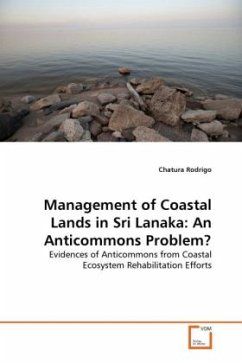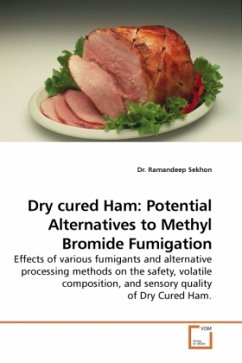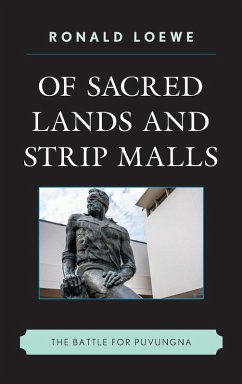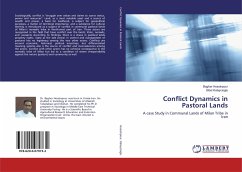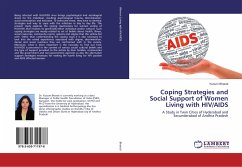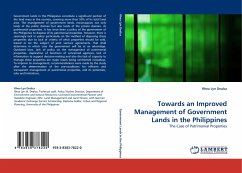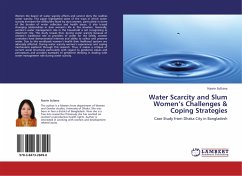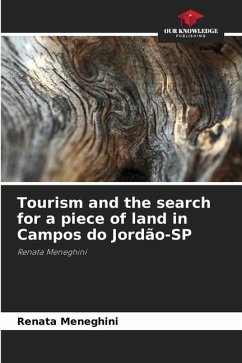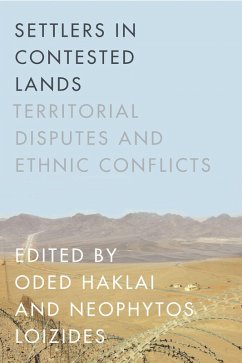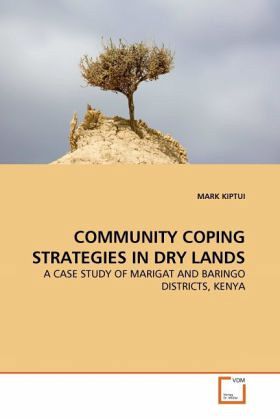
COMMUNITY COPING STRATEGIES IN DRY LANDS
A CASE STUDY OF MARIGAT AND BARINGO DISTRICTS, KENYA
Versandkostenfrei!
Versandfertig in 6-10 Tagen
52,99 €
inkl. MwSt.

PAYBACK Punkte
26 °P sammeln!
This book critically and systematically explores the diverse coping strategies employed by dry land communities, in Marigat and Baringo Districts, in Kenya, on the premise that locally evolved, long tested and proven survival mechanisms will not only inform but sustainably reinforce dry lands development programmes and policies. The author argues that many Western scientific informed development activities in Arid and Semi-Arid Lands have largely failed across the globe. The book focuses on dry land communities' coping strategies during extended dry periods/seasons and related drought-induced ...
This book critically and systematically explores the diverse coping strategies employed by dry land communities, in Marigat and Baringo Districts, in Kenya, on the premise that locally evolved, long tested and proven survival mechanisms will not only inform but sustainably reinforce dry lands development programmes and policies. The author argues that many Western scientific informed development activities in Arid and Semi-Arid Lands have largely failed across the globe. The book focuses on dry land communities' coping strategies during extended dry periods/seasons and related drought-induced aridity hence reduced biological productivity on one hand and the adverse effects of short-lived occasional torrential precipitation on the other. The book is a prerequisite resource for arid land development. It is a resourceful reference material not only for policy and programme needs but also postgraduate students of dry land studies.



